Colombia
Explore all Articles
filter by–Region
filter by–Country
search by–Keyword
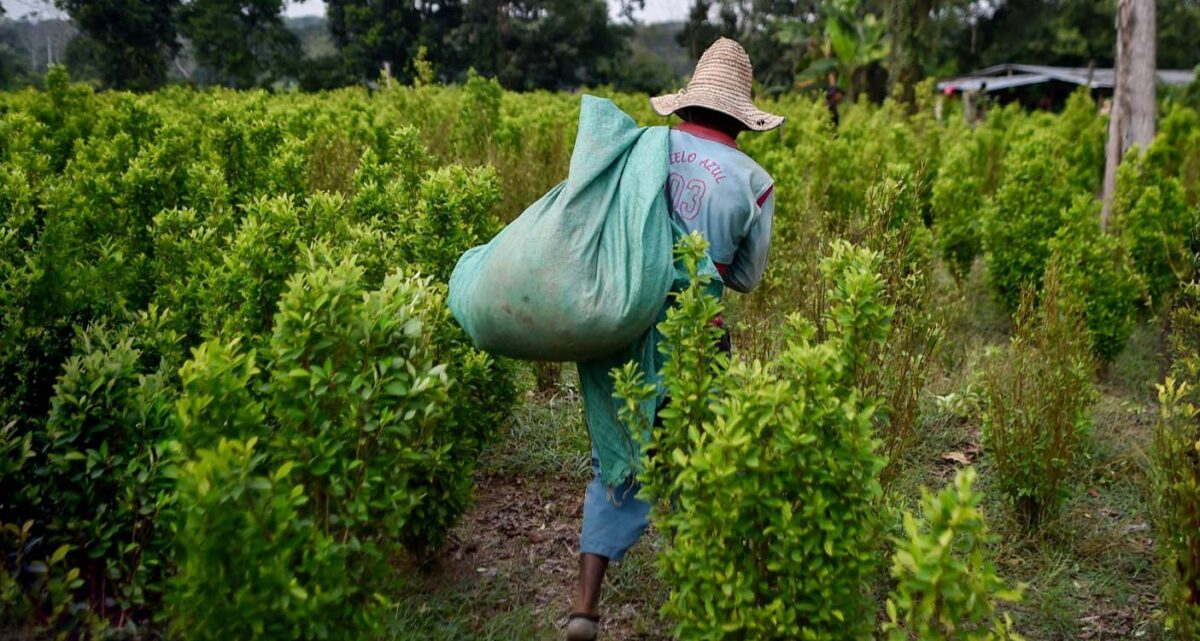
Woke on Coke: Young Cocaine Consumers Fuel Social and Environmental Devastation in Colombia
08.2.22
I could feel the bass of the music thumping in my thoracic cavity. The soles of my shoes were sticky with the beer that had spilled on the floor when I saw Eva inhaling a line of white powder off the kitchen countertop.
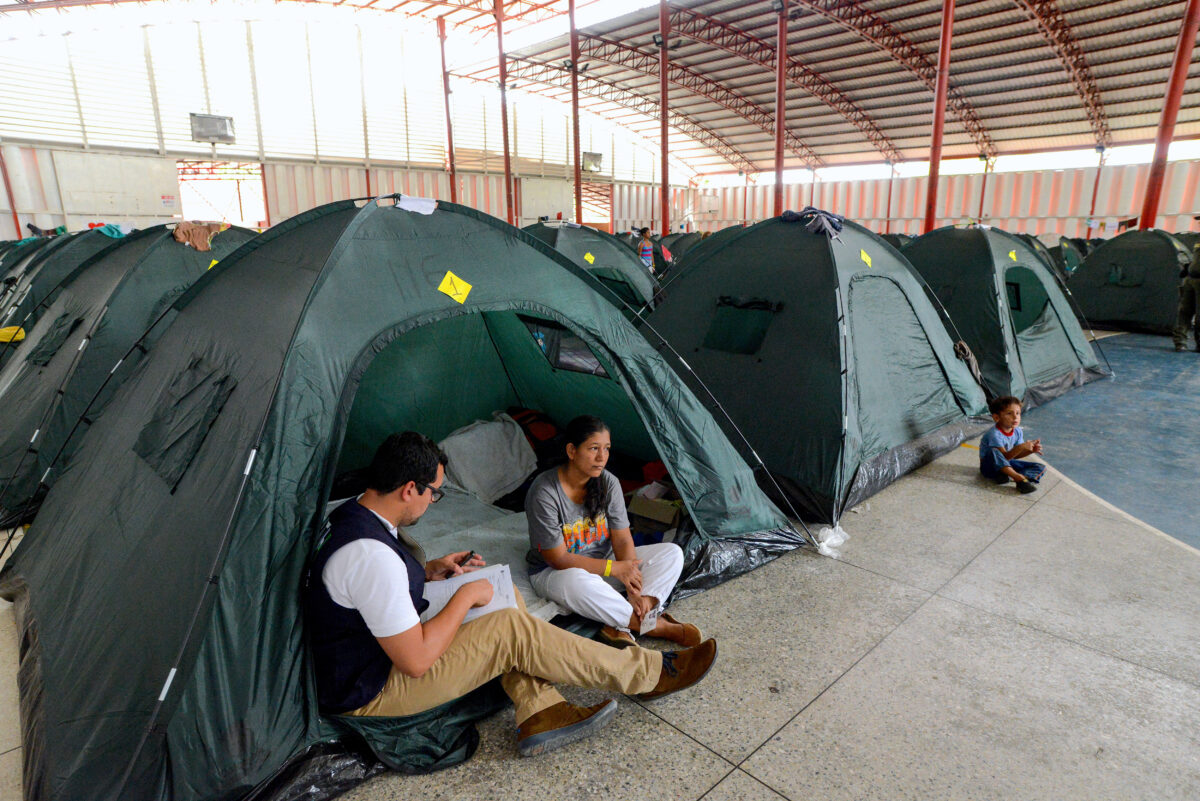
Venezuela: Migrant crisis, integration, and opportunities
03.31.20
Latin America has faced significant challenges and has always found ways to get ahead. The potential of Latin American countries is great and has been recognized around the world. However, we are now witnessing a crisis that endangers the democratic progress of Latin America. Nicolás Maduro’s regime has plunged Venezuela into a dire situation where […]

Invisible Walls: The Hyper-Density of Colombian Cities and What It Means to You
04.22.19
Bogota is 13 times denser than New York City.[1] Colombian cities are 100 percent denser than the global average and 126 percent denser than cities in Latin America.[2] Until now, the consensus has been that the largest determinants of density are population and income. An increase in population increases demand around an economic hub, increasing […]
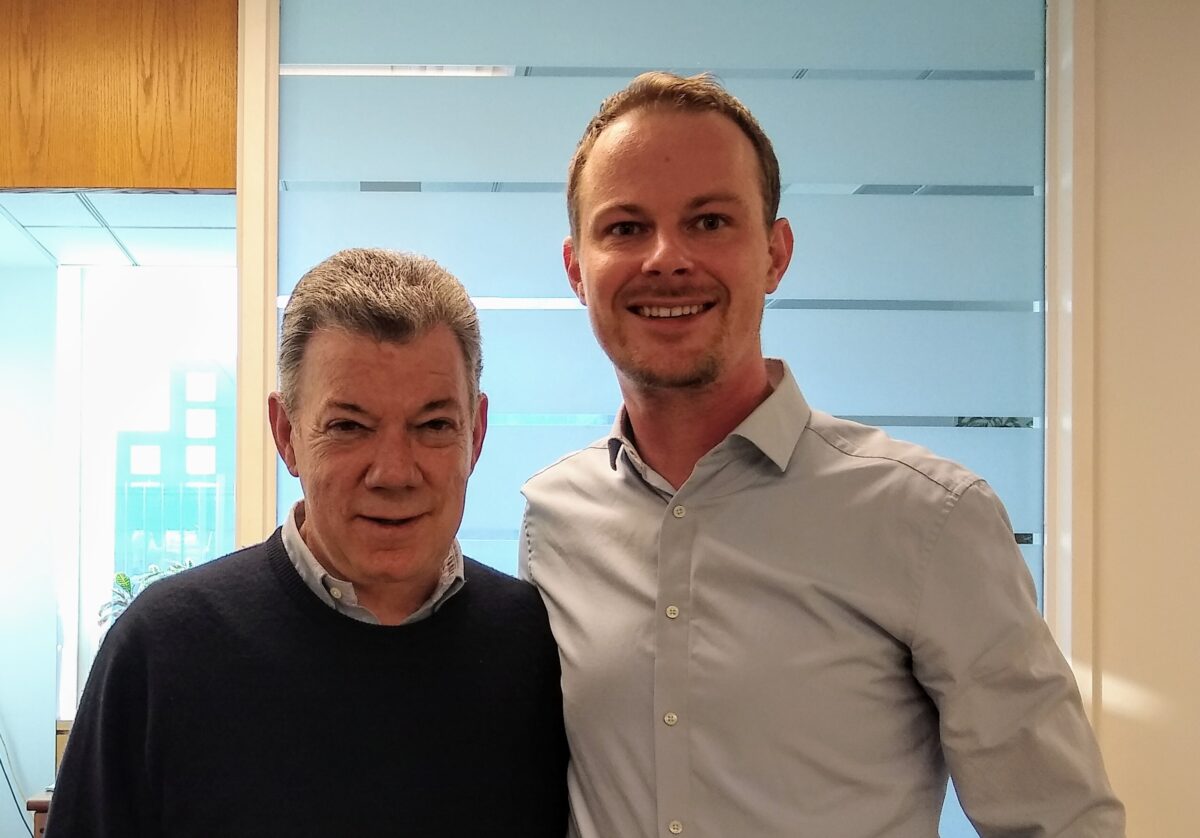
President Santos: Prof. Heifetz asked me to talk to the victims to re-energize myself
10.19.18
Kai Dittmann interviewed President Juan Manuel Santos, former president of the Republic of Colombia and Nobel peace prize winner, for the Citizen. He talks to Kai about the Adaptive Leadership course with Heifetz, peace agreement, Venezuelan refugee crisis, and economic prosperity in Colombia. Santos has served as president of the Republic of Colombia from 2010 […]
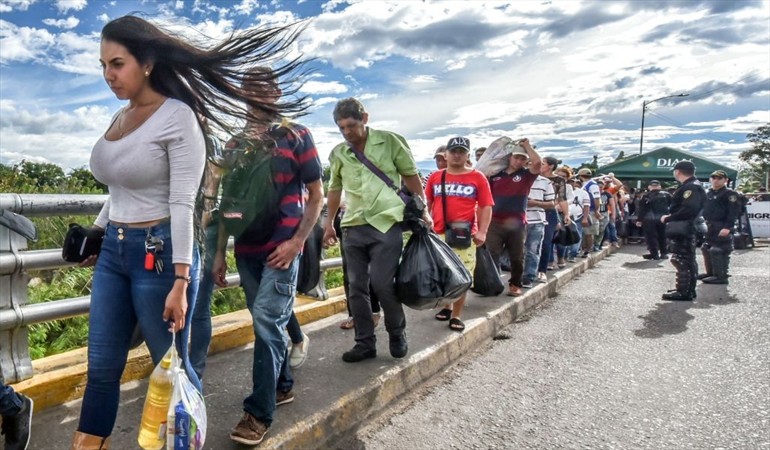
Venezuelan Human Rights Crisis Spilling into Colombia
05.18.18
The problematic economic and social situation in Venezuela is well known to us by now as the topic makes at least a weekly appearance in international media outlets. Beyond the macroeconomic statistics and the high-level policy talk, these numbers and figures really affect the daily life of not only Venezuelan citizens, but also of some […]

Drug Policy Innovations in Latin America
11.5.17
In the last twenty years, violence in Latin America has reached staggering levels. Although Latin America and the Caribbean are only 8 percent of the global population, the region accounts for 33 percent of the global homicides.[i] The highly integrated corruption in government and community institutions has resulted in weak rule of law and public […]

Why Colombians Rejected the FARC Peace Deal and What’s Next
10.11.16
BY LAUREN WINDMEYER Last Friday, Colombian President Juan Manuel Santos won the Nobel Peace Prize for his long-running efforts to end Colombia’s 52-year civil war. Santos led negotiations between the Colombian government and FARC rebels for four years, ultimately coming to an agreement this August. To go into effect, the agreement needed a final vote […]
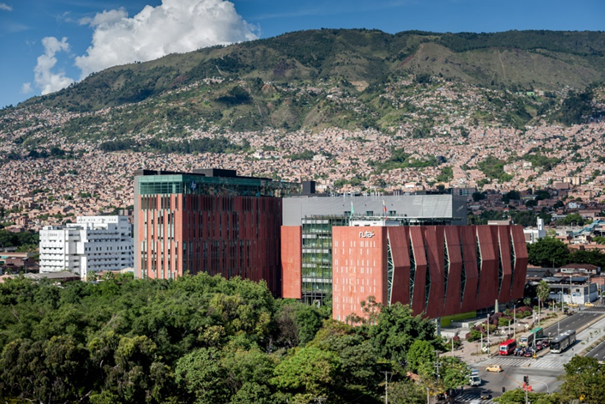
Innovation: In the DNA of Medellin
10.7.16
In the last decade, Medellin made a decision that will mark its future: it changed its economic vocation. The city, known in the twentieth century as the “Industrial Capital of Colombia,” decided to move from a traditional industrial operation to a knowledge economy. Corporation Ruta N is articulating these efforts and boosting a true ecosystem […]
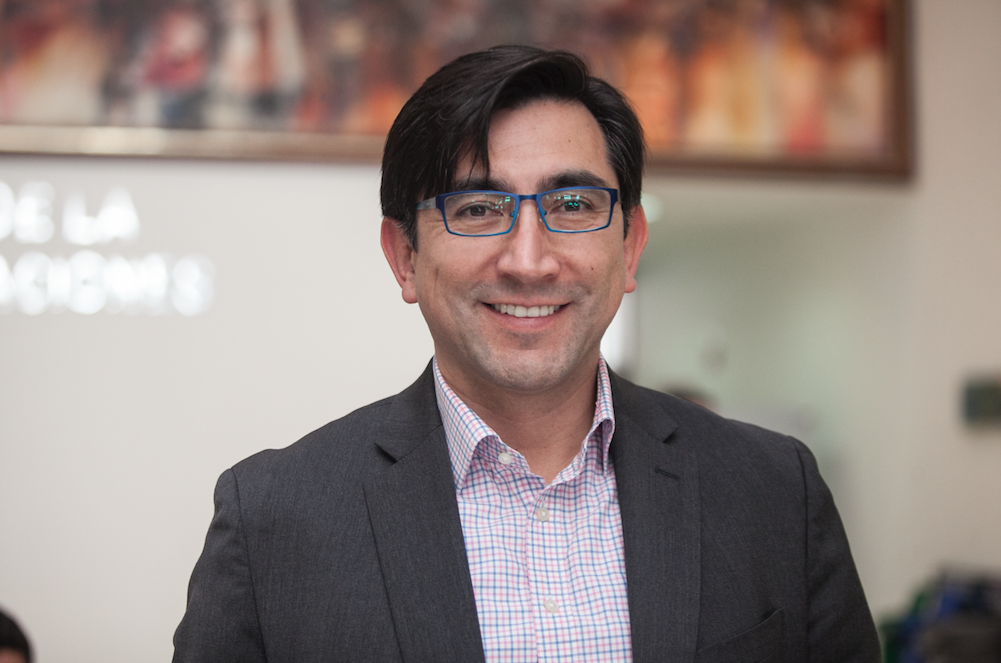
Facing the Technological Revolution in Latin America: How to Keep the Pace?
04.20.16
An interview with Diego Molano Vega, Minister of Information Technologies and Communications of Colombia. Diego Molano Vega has been the Minister of Information Technologies and Communications of Colombia since 2010. In this interview, he reveals his perspective on one of the most challenging issues for the development of Latin America: keeping pace with the changes […]

Colombia 2002-2010: Lessons from the Communitarian State
11.30.14
Álvaro Uribe Velez was first elected as President of Colombia in 2002 and then re-elected in 2006, becoming the first re-elected President in Colombia’s modern history. Uribe holds a Degree in Law from the Universidad de Antioquia and a Postgraduate Management Degree from the Harvard Extension School. In 1998, he was awarded the Simón Bolívar […]